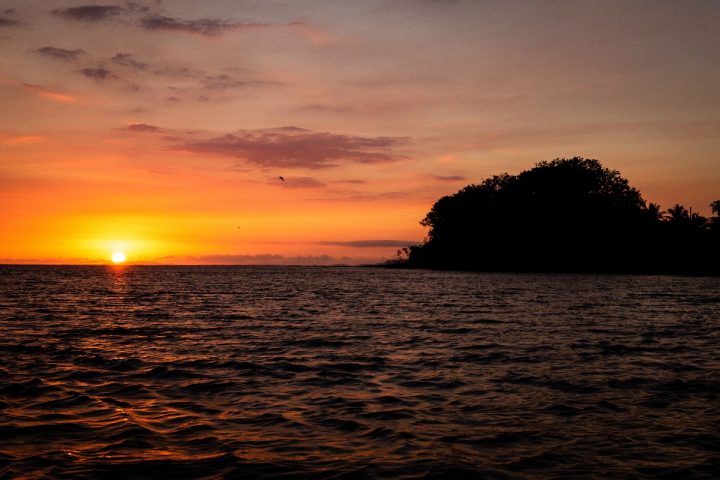Columbus Day and Indigenous Peoples Day

National Newspaper Week
October 3, 2019
How to Blue Sky Thinking
October 15, 2019
In 2019, Maine becomes the latest US State to drop Columbus Day in favour of Indigenous Peoples Day officially. The move illustrates the new ways in which American History is being reconsidered.
On October 12, 1492, Christopher Columbus first landed in the Americas. The Genoese mariner might have been a little surprised to discover that, more than five hundred years on, many Americans continue to mark the day with a public holiday in his honour.
Ever since 1934, when President Franklin Delano Roosevelt designated October 12 as Columbus Day, every second Monday in October has been named a national holiday in the USA. And the tradition of marking the anniversary dates even further back than that.
There are records of the day being celebrated on the 300th anniversary of the explorer’s landing. Records show that, in 1792, the Tammany Society in New York City and the Massachusetts Historical Society in Boston both celebrated the anniversary of Columbus landing in the New World.
The day is interwoven with the story of Italian immigrants to the USA. The day was first enshrined as a legal holiday in the USA thanks to the lobbying of a first-generation Italian in Denver called Angelo Noce. His efforts encouraged the Colorado Governor to make Columbus Day a state-wide holiday in 1905. It was a landmark celebration of Italian immigrants’ contribution to the history of America at a time when the community was experiencing much hardship and discrimination.
 However, the celebration of this holiday is not without its detractors. Commentators have asked why the USA celebrates the life of a man who never actually landed in North America. Others have questioned whether the blood spilled by Columbus and his men during his “discovery” of America – including wiping out half the population of Haiti – could possibly allow a celebration of the explorer’s “achievements” to be justified. While still others have pointed to evidence of Viking and Polynesian explorers who landed in the America’s long before Columbus and asked why, therefore, we should celebrate the Italian explorer’s historic voyage.
However, the celebration of this holiday is not without its detractors. Commentators have asked why the USA celebrates the life of a man who never actually landed in North America. Others have questioned whether the blood spilled by Columbus and his men during his “discovery” of America – including wiping out half the population of Haiti – could possibly allow a celebration of the explorer’s “achievements” to be justified. While still others have pointed to evidence of Viking and Polynesian explorers who landed in the America’s long before Columbus and asked why, therefore, we should celebrate the Italian explorer’s historic voyage.
Opposition to the holiday began in earnest in the late twentieth century when scholars began reassessing both the man and the subsequent European colonisation of the Americas. Most significantly, in the summer of 1990, 350 representatives from American Indian groups met in Quito, Ecuador, in the first Intercontinental Gathering of Indigenous People in the Americas. Mobilising against the 500th anniversary of the 1492 landing was top of the agenda. The following year, they met again in Davis, California, and declared October 12, 1992, to be International Day of Solidarity with Indigenous People.
Subsequently, Berkley, California, became the first US city to formally replace Columbus Day with Indigenous Peoples’ Day in 1991. Today, at least six states and 130 cities have now renamed the October holiday – many of them to honour the nation’s original inhabitants.
The fact that Columbus touched down in what is now the Bahamas gives the day an extra significance this year, coming as it does in the wake of Hurricane Dorian. Perhaps the best way to mark the occasion is to help some of the people currently living in the spot where Columbus first disembarked.



